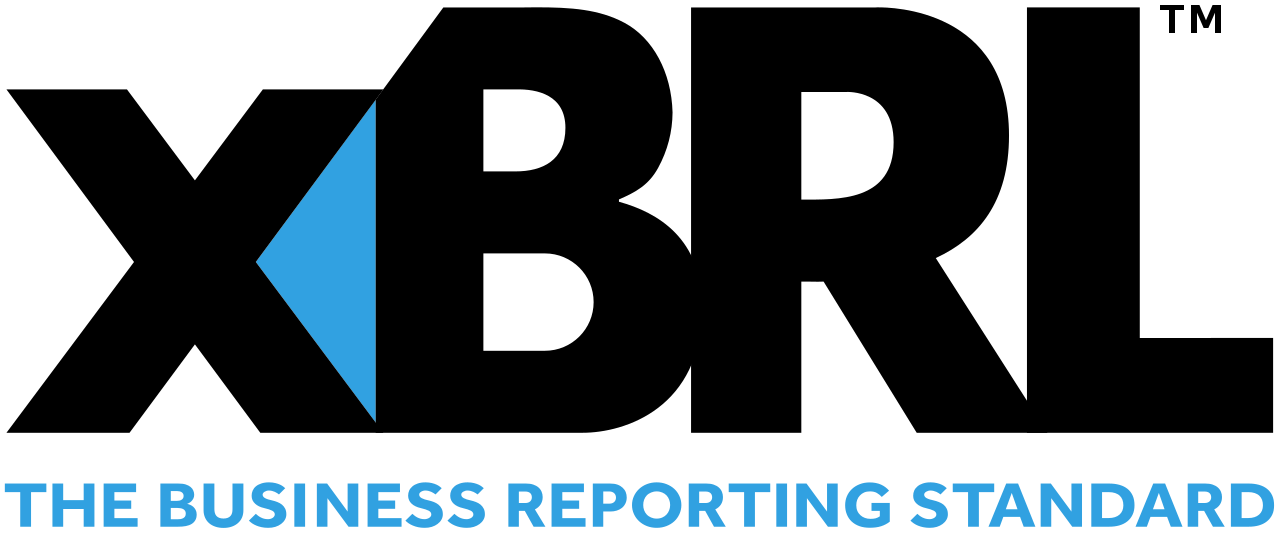Accounting
XBRL Costs for Small Companies Have Declined 45%, According to AICPA Study
Since 2009, public companies have been required by the U.S. Securities and Exchange Commission (SEC) to report their financials in XBRL format, and to assist in automating regulatory filings and business information processing which makes it easier for...
Aug. 21, 2018

The cost of XBRL formatting for small reporting companies has declined 45 percent since 2014, according to an updated pricing survey from the American Institute of CPAs (AICPA) and XBRL US. EXtensible Business Reporting Language (XBRL) is a global data standard used for reporting business information in a computer-readable format.
Since 2009, public companies have been required by the U.S. Securities and Exchange Commission (SEC) to report their financials in XBRL format, and to assist in automating regulatory filings and business information processing which makes it easier for investors to analyze. Many companies, especially smaller ones, outsource their financial reporting filing process.
To better understand the expense for small companies complying with the SEC’s mandate, and to gauge the trend in pricing, XBRL US, and the AICPA surveyed XBRL filing agents providing XBRL tagging and filing services to small public companies. The 2018 update is based on price data from 1,032 small reporting companies, across thirteen different filing agents or service providers for 2017 services. XBRL is an organization that supports the implementation of XBRL business reporting services.
The survey showed that 68.6 percent of the companies paid $5,500 or less on an annual basis (as compared to 29.9 percent of companies in the 2014 survey) for fully outsourced creation and filing solutions for their XBRL filings. Meanwhile, 11.8 percent of the companies paid annual costs between $5,500 to as much as $8,000 for their full-service outsourced solutions. Only 13.1 percent of companies paid more than $10,000 in annual costs as compared to 31 percent in the 2014 survey. The highest annual amount paid during 2017 was $51,500, paid by one company; the next highest cost was $38,800. The median cost of filing was $2,500, down 69 percent from the 2014 median of $8,000 per year.
“The survey indicates that the investment to standardize corporate disclosure data is not overly demanding on small businesses,” said Ami Beers, CPA, CGMA, director – assurance and advisory services, corporate reporting. “It is clear the process has become more efficient over the years allowing vendors to price more competitively,” said Beers. “This shows that the benefits of using XBRL exceed the costs because companies can reach more investors and provide analysts with easy access to more detailed financial disclosure information.”
Then-SEC Commissioner Michael Piwowar, in a statement delivered during the June 28 hearing where the Commissioners voted to adopt inline XBRL, referred to the study, saying, “This is an encouraging trend, and I expect compliance costs to decline further as a result of today’s elimination of the requirement that operating companies and funds post Interactive Data Files to their public websites.”
